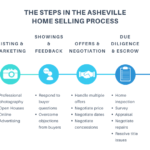When it’s time to put your beloved home on the market, the process can often appear daunting. Preparing to sell your house involves a lot of intricate steps, and careful planning is key to ensure a smooth transaction.
Now, let’s look into a few essential points that you should consider when planning to sell your house:
- Setting a Selling Timeline – Start with establishing your ideal selling date. Time management functions as the bedrock for other decisions.
- Hiring a Knowledgeable Agent – An experienced real estate agent who understands the current market is crucial in guiding you through the process.
- Deciding on Home Upgrades – Prioritizing cost-effective improvements can increase your home’s value and attractiveness to potential buyers.
- Determining a Realistic Price – Pricing your home accurately can attract right buyers in a short period of time.
- Quality Listing Photos – The power of high-quality images cannot be underplayed in this digital age. Make sure your listing photos represent your home in best light.
- Negotiating Offers – Understanding how to review and negotiate offers effectively will bring you closer to the desired sale price.
Moving forward with these steps will greatly streamline your selling process, making it easier for both you and potential buyers.
Tips for a Smooth Home Sale
Remember, clean homes sell faster. Ensuring that your home is tidy and well-maintained can make a world of difference when showing it to potential buyers.
Also, planning for post-sale activities can help you transition smoothly. Knowing in advance where you’ll be moving to and how you’ll manage this move can save you from last-minute stress.
Lastly, some homeowners find it beneficial to hire a real estate attorney. Their expert legal advice can help you wade through paperwork and protect your interests during the sale.
Setting a Timeline for Selling

Creating a timeline for selling your property is crucial. It supports you to manage expectations and aids in effective decision-making.
Consider the fact that the average time to sell a home is about 65-70 days. This includes preparation time, negotiation, and closing processes.
Preparing your house may take up to 30 days. This phase includes fixing issues, decluttering and staging for potential buyers.
Allot around 20-60 days for accepting an offer and closing the deal. The variability depends on market conditions and other factors.
| Average Home Sale Timeline | |
|---|---|
| Preparation: | Up To 30 Days |
| Listings: | At least 1 Week |
| Negotiation: | Around 20 Days |
| Closing: | About 40 Days |
| These timelines are estimated averages and may vary. | |
This table provides a useful guide on an average home sale timeline, remember every sale is unique.
Understanding these timelines will help you better prepare during this process and avoid unwanted surprises.
Keep in mind that hiring a trusted real estate agent can help make this process smoother.
Hiring Agent who Masters the Market

An expert real estate agent understands the housing market intricacies. They have detailed knowledge on varying house prices, neighborhood trends, and buyer demands.
Such an agent can provide valuable insights for correctly pricing your property. This strategy ensures a quicker sale while maximizing your earnings.
Making Your House Stand Out
To sell a house swiftly, it’s essential for your property to catch the eyes of potential buyers. A well-informed agent can suggest effective staging techniques.
They can also recommend minor renovations that significantly elevate your home’s appeal without requiring considerable investment.
The Power of Networking
Real estate agents have extensive networks within the industry. Their connections can lead to potential buyers faster than average sellers.
Furthermore, agents can negotiate effectively on your behalf, securing the best possible deal for you.
Faster Property Listings
An experienced agent knows how to list properties swiftly. Effectively listed properties on suitable platforms increase visibility to potential buyers.
This tactic reduces the time your house stays in the market before getting sold. To find proficient agents, consider looking at reputable sites such as Zillow.
Deciding on Upgrades

When it comes to selling your house, the right upgrades can make all the difference. But how do you decide which upgrades are worth it?
Consider your market. What features are prevalent in homes in your area? An upgrade that’s a standout in one neighborhood might be standard in another.
- Determine your budget. Knowing how much you can reasonably spend is crucial.
- Analyze market trends. Look at what upgrades are popular and boosting property values.
- Think about appeal. Choose upgrades that will appeal to the widest range of potential buyers.
You might also consider consulting with a real estate professional who can provide insights into what buyers in your local market are looking for in a property.
A reputable source for determining worthwhile upgrades can be found at Houzz.
Above all, remember that ensuring your home is clean, well-maintained, and move-in ready will always be attractive to buyers.
Determining a Realistic Price
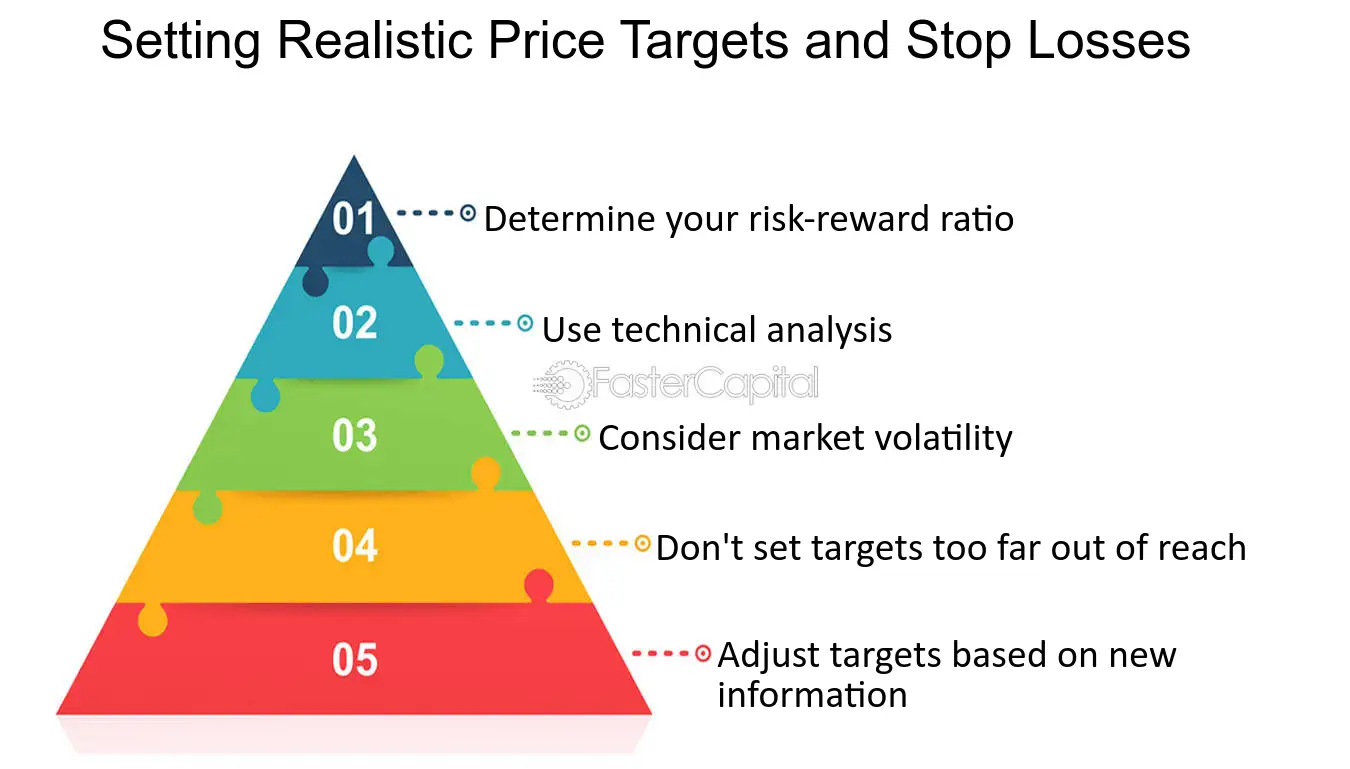
Establishing an appropriate price for your house is crucial. It entails understanding the housing market and striking a balance between your financial goals and buyers’ expectations.
Understanding the Housing Market
A comprehensive appreciation of the housing market dynamics can significantly influence your pricing decision. Factors such as location, demand, and property conditions are crucial to consider.
Appreciating these intricacies can help you align your pricing with current trends. Moreover, a realistic price often spurs prospective buyers’ interest, fostering quicker transactions.
Achieving Your Financial Goals
Your desired net proceeds from the sale are another key consideration when pricing your home. However, it’s essential not to lose sight of the market realities while doing so.
Depending on market fluctuations or personal circumstances, you may need to adjust your financial expectations. Prudent strategy involves embracing flexibility in pricing while maintaining focus on overall financial goals.
Balancing Buyers’ Expectations
Prospective home buyers are typically driven by perceptions of value. Thus, overly inflated or deflated prices might deter interested parties.
A realistic price, aligned with market rates and property value, will likely engender more confidence from potential buyers. You can glean more insights about pricing strategies by visiting Investopedia’s article on stock pricing.
Creating Quality Listing Photos

Quality listing photos are paramount in selling a house. Captivating visuals can attract potential buyers more effectively than generic descriptions.
When taking listing photos, ensure you have proper lighting. Bright, natural light showcases your property’s best features, making it appear more enticing.
Landscape orientation works best for listing photos. It provides a wider view of the room, helping potential buyers envision the space.
Don’t overlook the value of editing; subtle enhancements can significantly improve your photos. Tools like Photoshop can be utilized to emphasize the highlights, balance colors or remove unwanted elements.
Consider hiring a professional if you lack photography skills. Professional real estate photographers are well-versed in capturing homes in their best light. Here is an informative guide if you wish to learn more about real estate photography.
Capturing quality listing photos is not merely about aesthetics; it’s about presenting a lifestyle that potential buyers can aspire to.
To summarize, investing time and effort into creating high-quality listing photos can greatly enhance the appeal of your property and potentially speed up the selling process.
Focusing on careful staging, appropriate lighting, and professional editing techniques can make your home stand out among other listings and attract serious buyers.
Reviewing and Negotiating Offers

What should you consider when reviewing offers?
Your home’s market value and the overall condition of the property are crucial factors. Review if the offer matches your expectations.
When is the best time to negotiate?
Negotiation is best once all offers are on the table. This gives you a chance to compare and decide the most beneficial one.
What makes an offer stand out?
An appealing offer is not only about the price. It may also include flexible terms or shorter closing times that work in your favor.
How can you handle multiple offers?
When dealing with multiple offers, consider each one’s pros and cons. The highest bid might not always be the best for your specific situation.
What role do real estate agents play?
Real estate agents can provide valuable advice during this process, helping you understand terms, conditions, and potential red flags in offers.
How can a counteroffer be effective?
A well-timed counteroffer can tilt negotiations in your favor. It’s a tool to either increase the price or adjust terms to suit your needs.
Should I consult a professional?
Yes, enlisting professionals such as real estate attorneys or experienced agents ensures that contracts meet legal standards for a smooth transaction.
For more details, visit US News Real Estate.
Understanding Closing Costs and Tax Implications
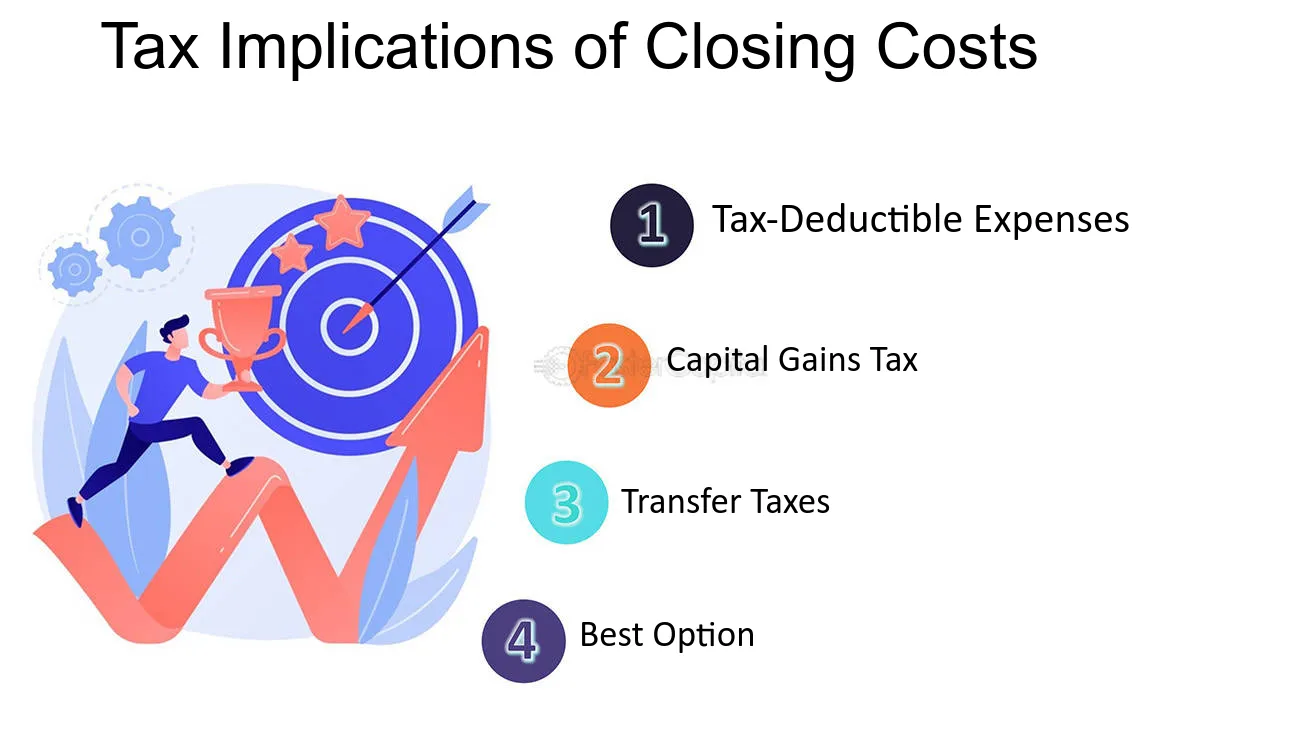
When selling your house, it’s crucial to grasp the nuances of closing costs and their tax implications.
These expenses are a vital part of any real estate transaction.
| Closing Costs | Tax Implications | Examples |
|---|---|---|
| Appraisal fees | Potentially deductible | $300-400 |
| Title insurance | Deductible under certain conditions | $1000-2000 |
| Loan origination fees | Non-deductible | 1-2% of loan amount |
| Home inspection fees | Non-deductible | $275-390 |
| Estate agent commission fees | Deductible as selling costs if home is investment property | 5-6% of the sale price |
| Please consult with a tax professional for personalized advice. | ||
Understanding these costs can help you anticipate expenses and plan your finances better.
Broadly, closing costs comprise various fees and charges during the home selling process.
The tax implications vary, and are dependent on your financial situation and local tax law.
To fully understand your obligations, consider seeking advice from a financial advisor.
With awareness of these implications, you can navigate the home-selling process more smoothly.
To get more detailed information about mortgage closing costs, this helpful guide is worth checking out.
Benefits of Hiring a Real Estate Attorney

A real estate attorney brings a wealth of knowledge to the house selling process. They understand local property laws and regulations, ensuring legal compliance.
These professionals interpret complex legal jargon, helping you grasp the intricacies of various documents involved in house selling.
Avoid Costly Mistakes
Real estate attorneys identify potential pitfalls in contracts that could lead to problems down the line. They safeguard your interests, eliminating unforeseen expenses.
They follow due diligence in investigating property titles. This ensures there are no claims or liens against your property before selling it.
Negotiation Advantage
An attorney guides you through negotiation processes. Their expertise helps land a fair deal, avoiding unfair clauses or conditions.
Their presence keeps transactions transparent and straightforward, promoting an atmosphere of trust between parties.
Legal Protection
When encountering disputes or legal issues during house selling, a real estate attorney provides valuable counsel. They offer solutions within the legal framework, protecting your rights.
Certain situations may require litigation. An attorney represents you in court, putting forth your case diligently.
Smooth Closing
A real estate attorney ensures smooth closing procedures. They oversee the document signing process, confirming each aspect is legally sound.
To know more about the benefits of hiring a real estate attorney, you can visit LegalZoom.
Preparing and Closing Paperwork
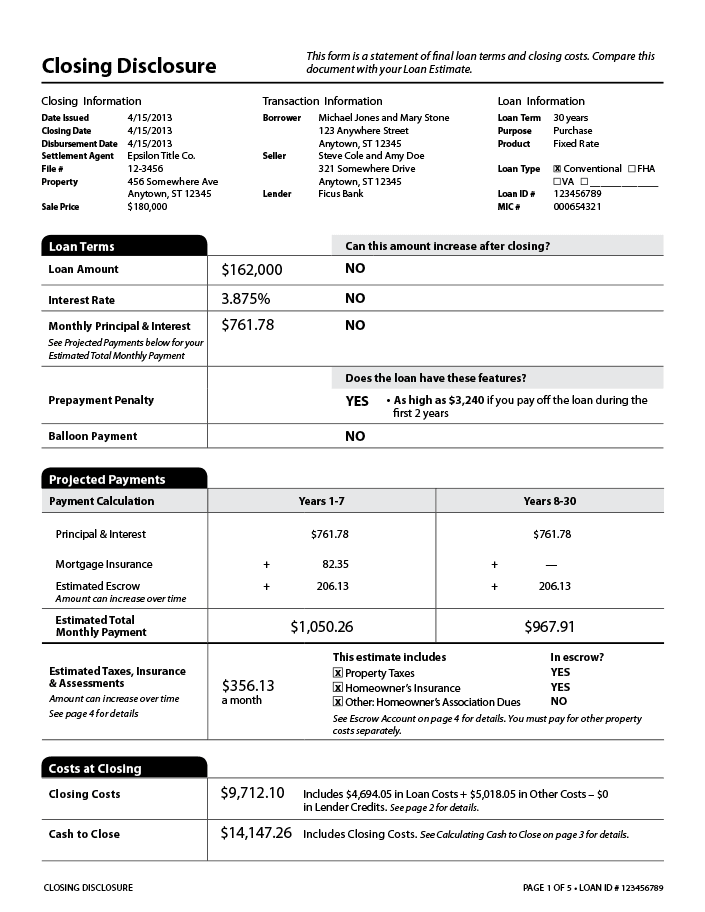
Getting ready to sell your house requires diligent preparation, particularly when it comes to paperwork. Curating the necessary documents can make the process seamless.
The importance of such documents should not be underestimated. As the seller, you are legally obligated to provide certain information to ensure a fair and legitimate transaction.
The legal responsibilities can be daunting, but don’t despair as there are services that can help you navigate through this complex process.
- Property deeds: This records the home’s ownership.
- Previous sales contracts: Offers insight into past transactions.
- Home repair records: Reveals maintenance history.
- Mortgage information: Contains details about home loans.
Professional real estate agents or lawyers can guide you through this paperwork maze and ensure everything is in order. Remember, transparency is key in these dealings.
Your potential buyers would probably want to know everything about their prospective asset. So, keep your house-related documents updated and ready.
This not only expedites the sale but also builds trust with your buyer. You become a credible seller which could aid in getting a good price for your property.
If you’re interested in learning more about closing documents, you can find a comprehensive guide here.
Beyond this, remember to keep calm through the process. Selling a house might be challenging, but with meticulous preparation and understanding of the paperwork required, it becomes manageable.
Planning your Move After Sale
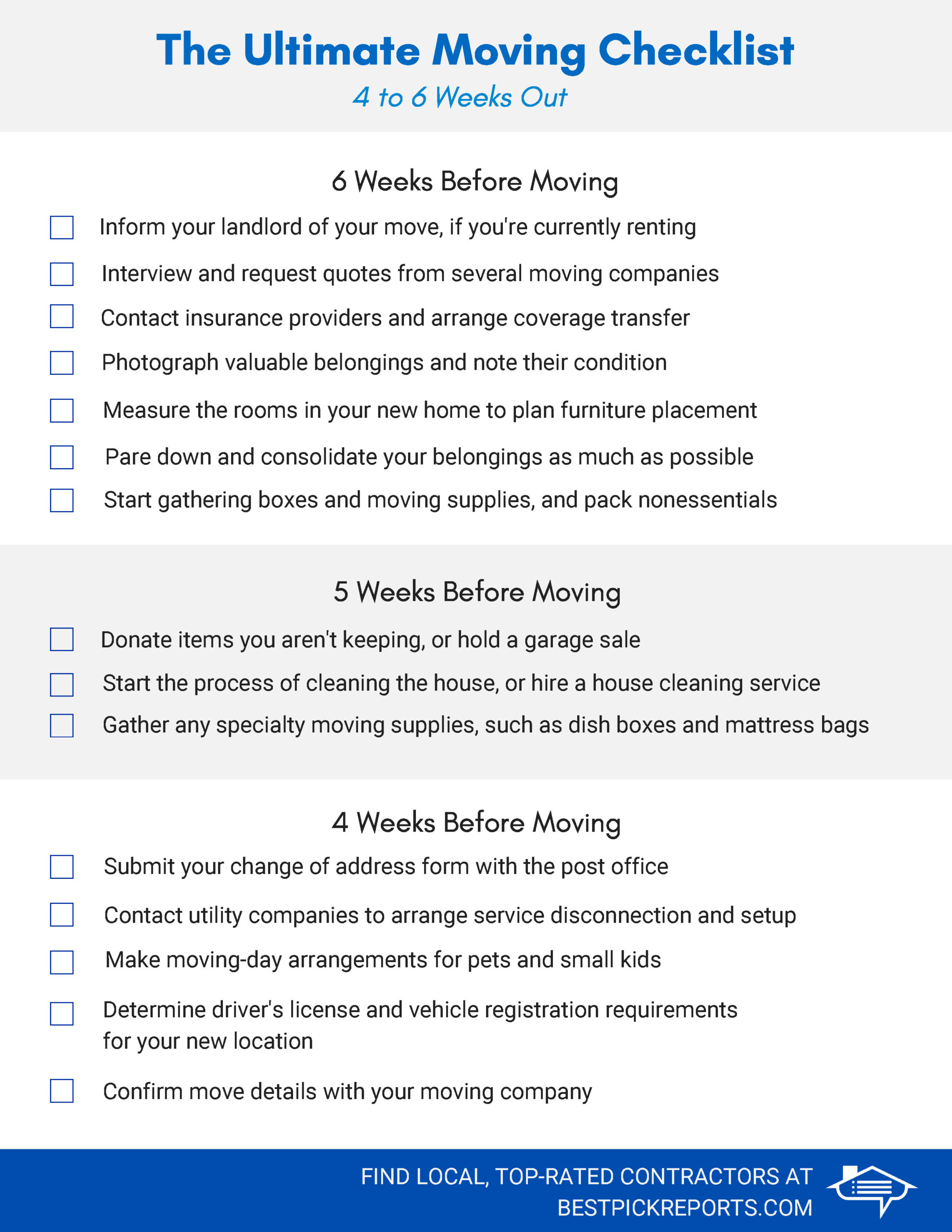
After selling your house, it’s crucial to plan your move meticulously. This guarantees a smooth transition, reduces stress, and avoids common moving mishaps.
Your first step is finding a reliable moving company. Take time to research and compare quotes. Select the company which provides the best balance of service and cost.
- Begin Packing Early: Start packing your belongings weeks in advance to avoid last-minute rush.
- Create a Moving Checklist: Jot down tasks that need to be done with estimated deadlines.
- Set Aside Essentials: Pack items you will need immediately after moving in a separate box.
- Notify Relevant Parties: Inform your utility companies, bank, school, and friends about your move.
To organize everything properly, remember to label all boxes. Write the room name and contents on each box to simplify unpacking in your new home.
If you have more items than what your new home can accommodate, consider temporary storage options. Many moving companies offer these services.
Engage family members or friends to help during the moving day. More hands make work lighter, quicker and enjoyable.
You may find this move planner an invaluable resource for planning your move after selling your house. It provides comprehensive information that ensures an efficient move.
.
Strategies for Selling Your House Faster
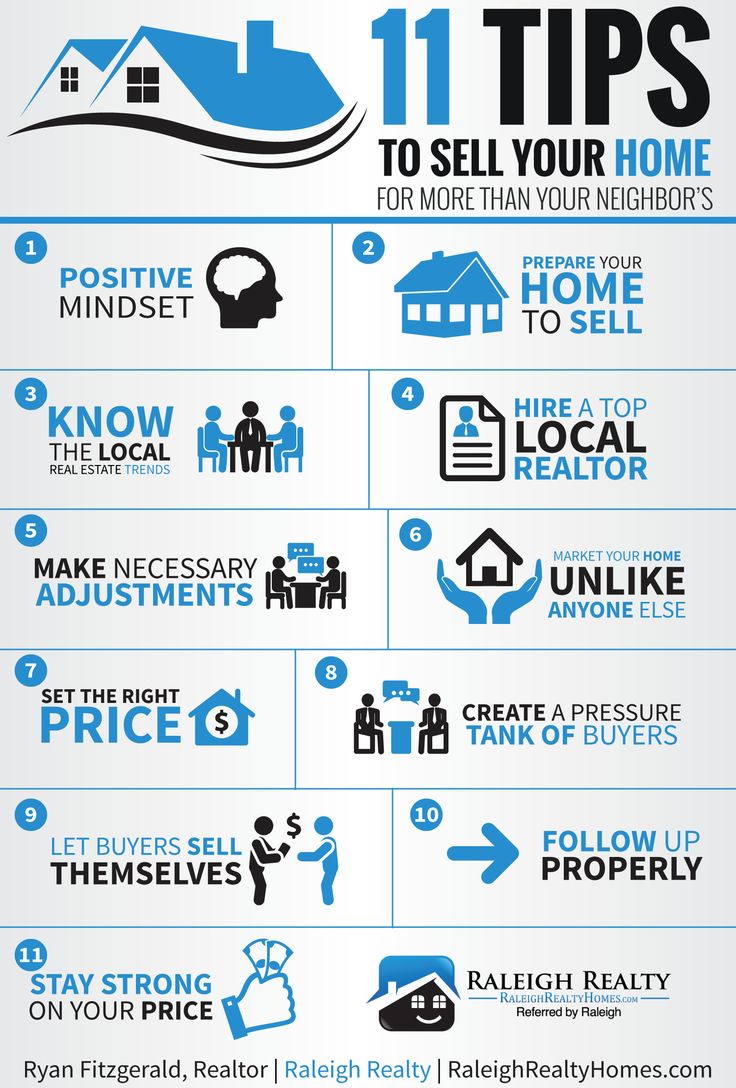
When it’s time to sell your house, how can you ensure a speedy sale? Here are some efficient strategies to consider.
- Improve Curb Appeal: First impressions count! Invest in landscaping and minor repairs.
- Price it Right: An overpriced home can deter potential buyers quickly.
- Depersonalize the Space: Buyers should visualize themselves living in the house.
- Promote Online: Take advantage of online real estate platforms for visibility.
An appealing exterior is your first chance to make a good impression. A well-maintained lawn, fresh paint, and attractive landscaping can draw prospective buyers in.
Pricing your home correctly from the start is strategic. You want to entice buyers without undervaluing your property. Doing market research or getting a property valuation will help you set a fair price.
Creating a neutral space helps potential buyers envision their life within those walls. It can be beneficial to remove personal items and declutter each room before viewings.
The digital world offers vast possibilities for advertising. Utilizing popular real estate websites increases your home’s visibility to a wider audience. You may also step up your game with professional photos and virtual tours!
If you’re still unsure about the best strategies, don’t hesitate to consult with a real estate professional who has experience with similar properties in your area. Visit this guide for more tips!
Selling Mastered
In conclusion, ‘Sell Your House Like a Boss: Insider Tips from the Pros’ provides invaluable advice for homeowners aiming for a successful sale. The book is packed with insider knowledge, covering everything from staging to closing deals. A must-read for everyone looking to navigate the real estate market with confidence and ease.


